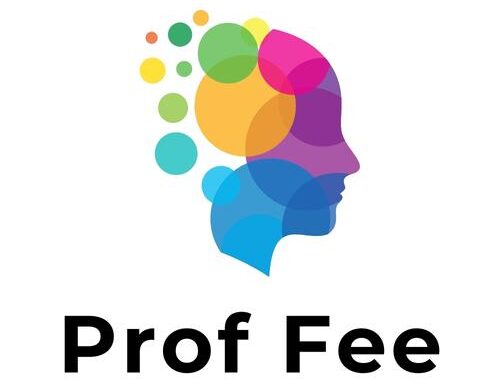Introduction to Drug Possession Laws
Drug possession laws are an integral part of the criminal justice system, aimed at regulating and controlling the possession of controlled substances. These laws vary from jurisdiction to jurisdiction but generally share common elements. If you find yourself facing drug possession charges, it’s crucial to understand the legal framework surrounding this offense. In such situations, it’s advisable to seek legal guidance from a professional criminal lawyer. For expert advice, visit our website.
Defining Drug Possession
Drug possession refers to the act of having illegal or controlled substances in one’s possession. This can include drugs such as marijuana, cocaine, heroin, and prescription medications obtained without a valid prescription. Possession can be actual or constructive. Actual possession involves having the drugs physically on your person, while constructive possession refers to having control over the drugs, even if they are not directly on your person.
Elements of Drug Possession Laws
For a prosecutor to secure a drug possession conviction, they must establish certain elements:
Knowledge: The prosecution must prove that the accused had knowledge of the presence of the controlled substances. Mere proximity to the drugs is not enough to establish possession.
Control: The accused must have had control over the drugs. This can include physical control or the ability to exercise control, such as having the drugs stored in your home.
Intent: The prosecution must demonstrate that the accused intended to possess the drugs for personal use or distribution. Intent can be inferred from the circumstances surrounding the possession.
Types of Drug Possession
Drug possession is typically categorized into two main types:
Simple Possession: This involves having a small amount of a controlled substance for personal use. Penalties for simple possession vary depending on the jurisdiction and the type of drug involved.
Possession with Intent to Distribute: If the prosecution can prove that the accused intended to sell, distribute, or traffic the controlled substances, the charges can escalate to possession with intent to distribute. This offense carries more severe penalties due to its association with drug trafficking.
Legal Defenses
Being charged with drug possession doesn’t necessarily lead to a conviction. There are various legal defenses that a skilled criminal lawyer can employ:
Unlawful Search and Seizure: If law enforcement conducted an illegal search and seizure, the evidence obtained may be inadmissible in court.
Lack of Knowledge: If the accused was unaware of the presence of drugs, they may have a valid defense against possession charges.
Valid Prescription: If the accused had a legitimate prescription for a controlled substance, they might have a valid defense against possession charges.
Conclusion
Understanding drug possession laws is essential to navigating the legal system effectively if you’re facing charges. It’s recommended to consult with an experienced criminal lawyer who specializes in drug offenses. For expert guidance and legal representation, visit www.stephenjackcriminallawyer.ca/. Remember that everyone has the right to a fair trial and proper legal representation, so make sure to explore all available options to protect your rights and future.

